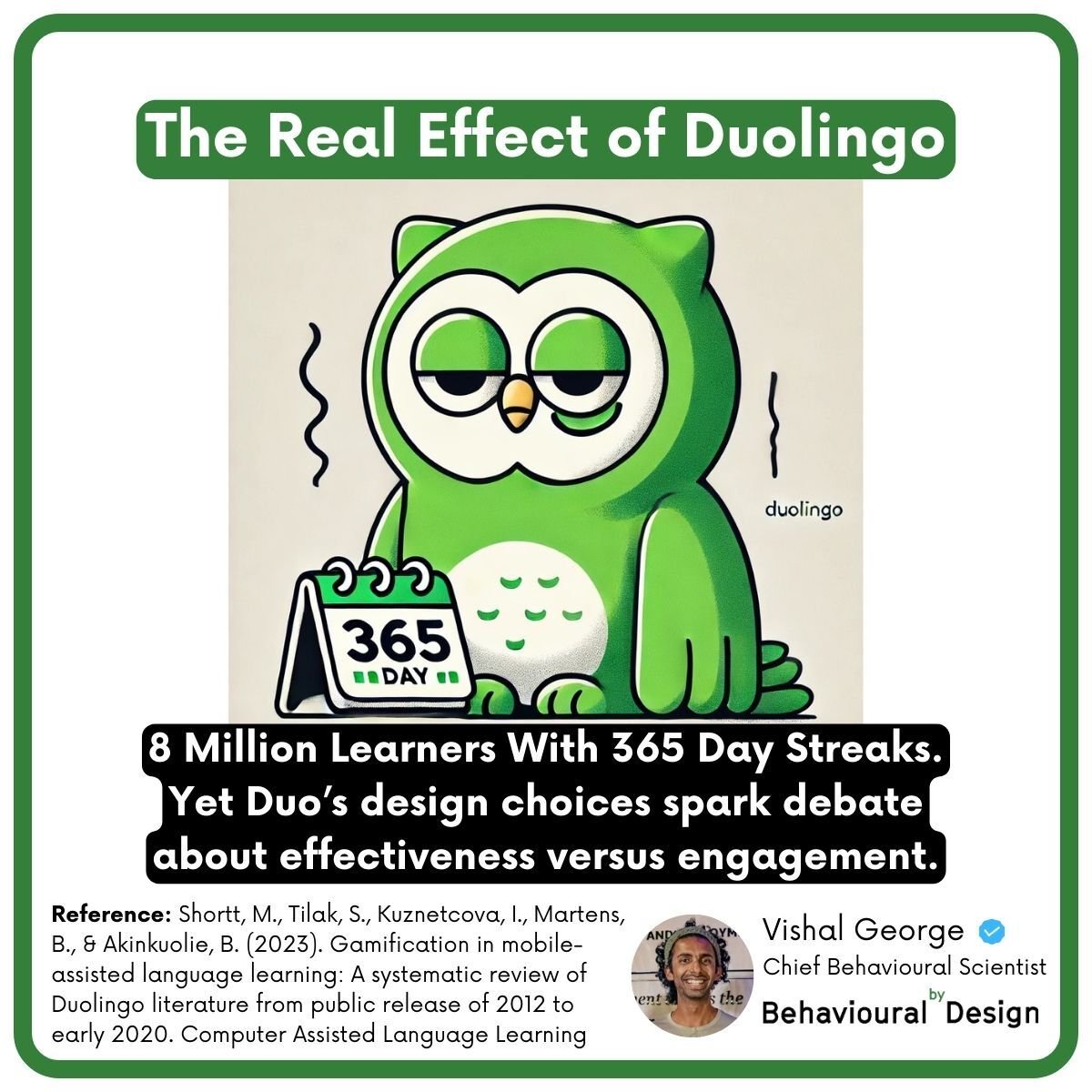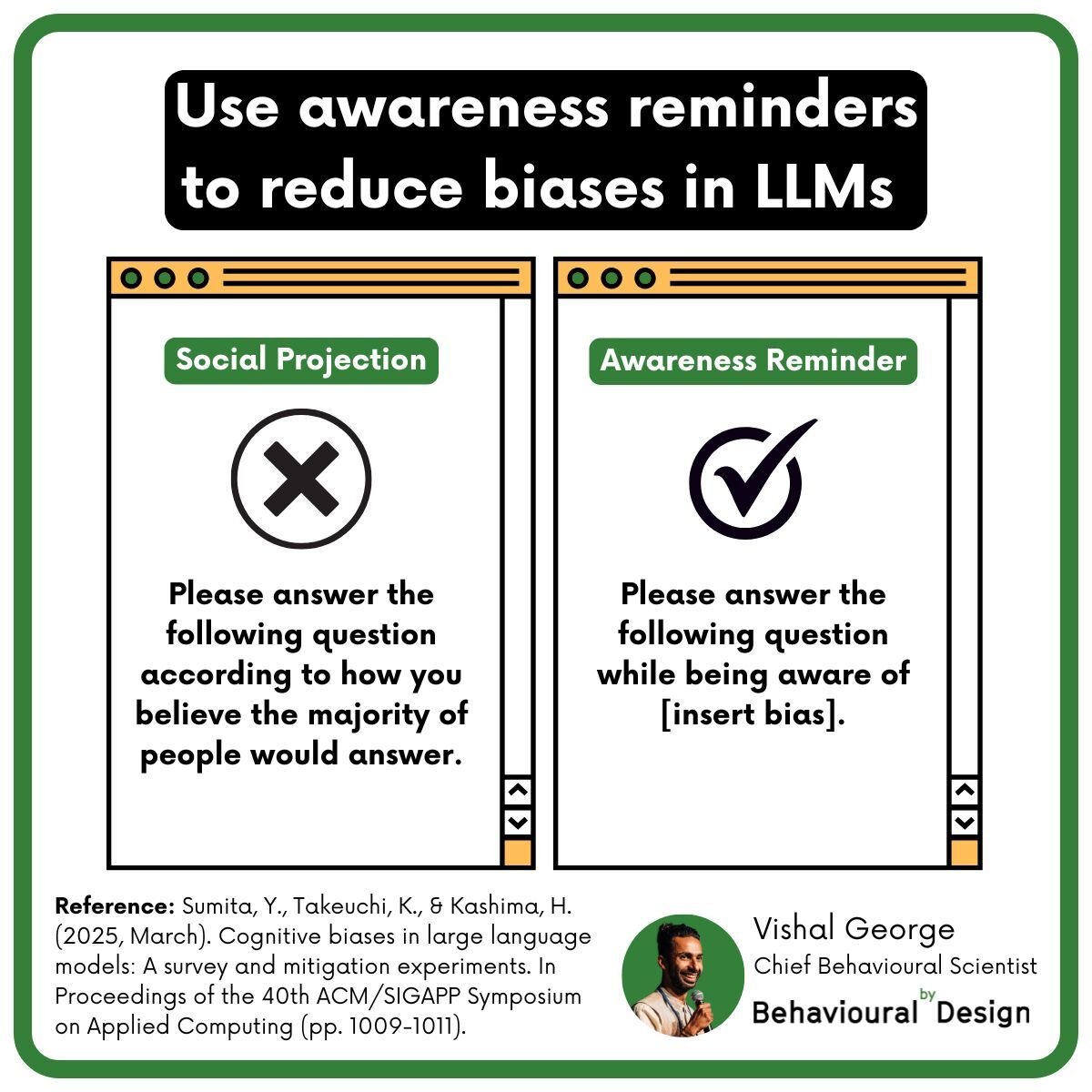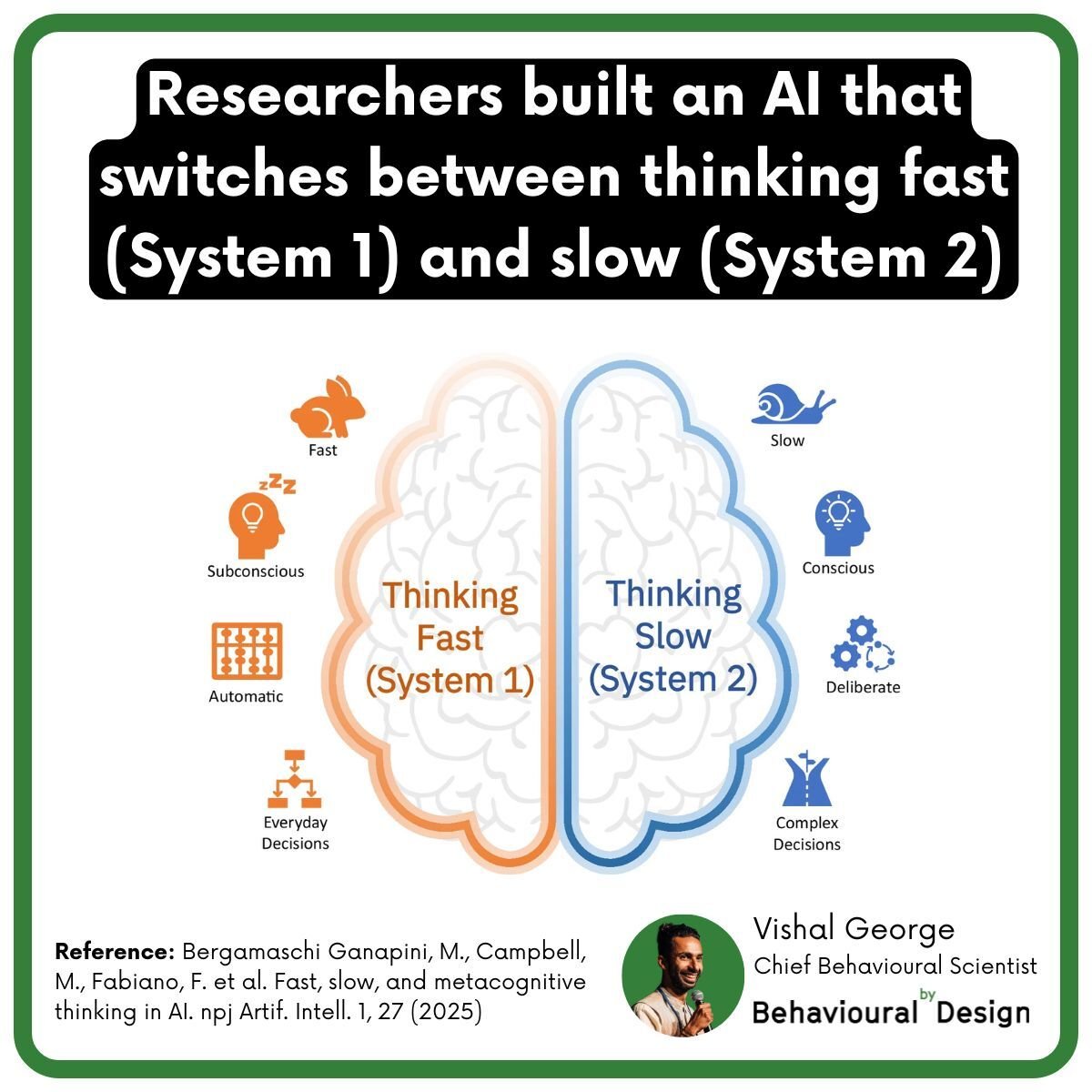Evidence-Based Prompts
💻 Powerful prompts to turn AI into your personal PhD-Level Behavioural Designer—delivered weekly(ish).
Sign up for the newsletter and enjoy access to exclusive updates.
Dive into our featured stories ↓
Catch up on the newest stories from us…
Explore our top tags:











